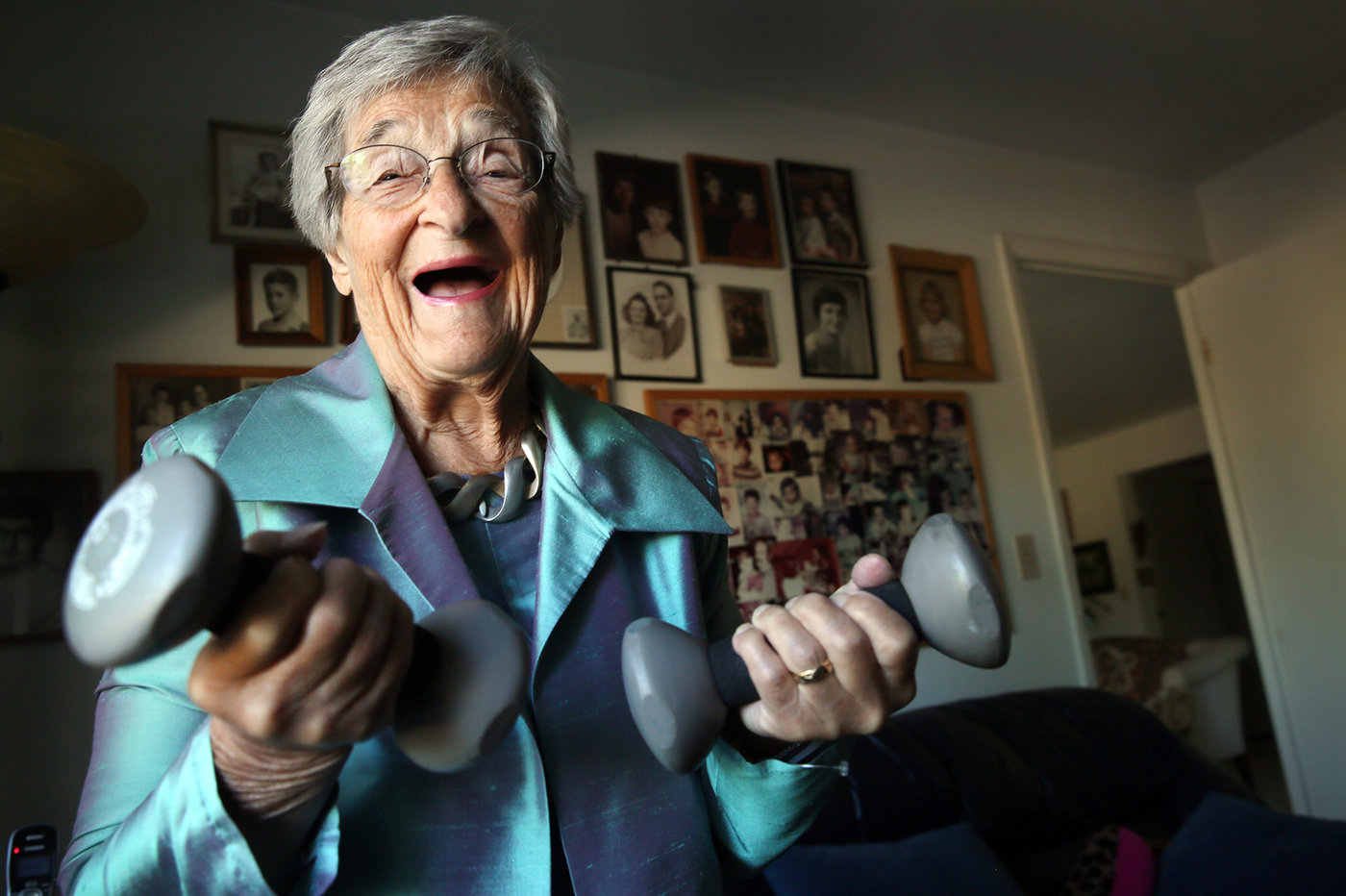For older Americans, accessing high-quality care can be a challenge. For those in rural communities, it’s even harder.
By SUSAN JAFFE Health Affairs January 2015 Volume 34, Number 1

Care in rural America: Dr. Robert Wergin goes over medications with Sharon Stutzman at the Milford Family Medical Center in rural Nebraska.
In the southeastern Nebraska town of  Milford, population 2,100, Dr. Robert Wergin understands it’s not easy for some of his older patients to get to his office. Some may live on isolated farmsteads several miles out of town, and if they don’t drive, their son or daughter—if nearby—may have to take time off from work to bring them to their appointments because there’s no public transportation. Massive snowstorms are nothing special but still cause a wave of cancellations.
Milford, population 2,100, Dr. Robert Wergin understands it’s not easy for some of his older patients to get to his office. Some may live on isolated farmsteads several miles out of town, and if they don’t drive, their son or daughter—if nearby—may have to take time off from work to bring them to their appointments because there’s no public transportation. Massive snowstorms are nothing special but still cause a wave of cancellations.
In addition to these challenges, rural America’s elderly tend to be poorer, have higher levels of chronic disease, and have a dwindling supply of health care providers, compared to their peers in urban communities, explains Brad Gibbens, deputy director of the University of North Dakota’s Center for Rural Health, in Grand Forks. And their support system is shrinking, as more young adults seeking job opportunities head out to urban areas. “The elderly [rural] population tends to stay put because that’s where they’ve lived all their lives, and there isn’t really an economic beacon that’s pulling them to another area,” he says. [Continued in Health Affairs, and PDF here]…
![]()


 Milford, population 2,100, Dr. Robert Wergin understands it’s not easy for some of his older patients to get to his office. Some may live on isolated farmsteads several miles out of town, and if they don’t drive, their son or daughter—if nearby—may have to take time off from work to bring them to their appointments because there’s no public transportation. Massive snowstorms are nothing special but still cause a wave of cancellations.
Milford, population 2,100, Dr. Robert Wergin understands it’s not easy for some of his older patients to get to his office. Some may live on isolated farmsteads several miles out of town, and if they don’t drive, their son or daughter—if nearby—may have to take time off from work to bring them to their appointments because there’s no public transportation. Massive snowstorms are nothing special but still cause a wave of cancellations.